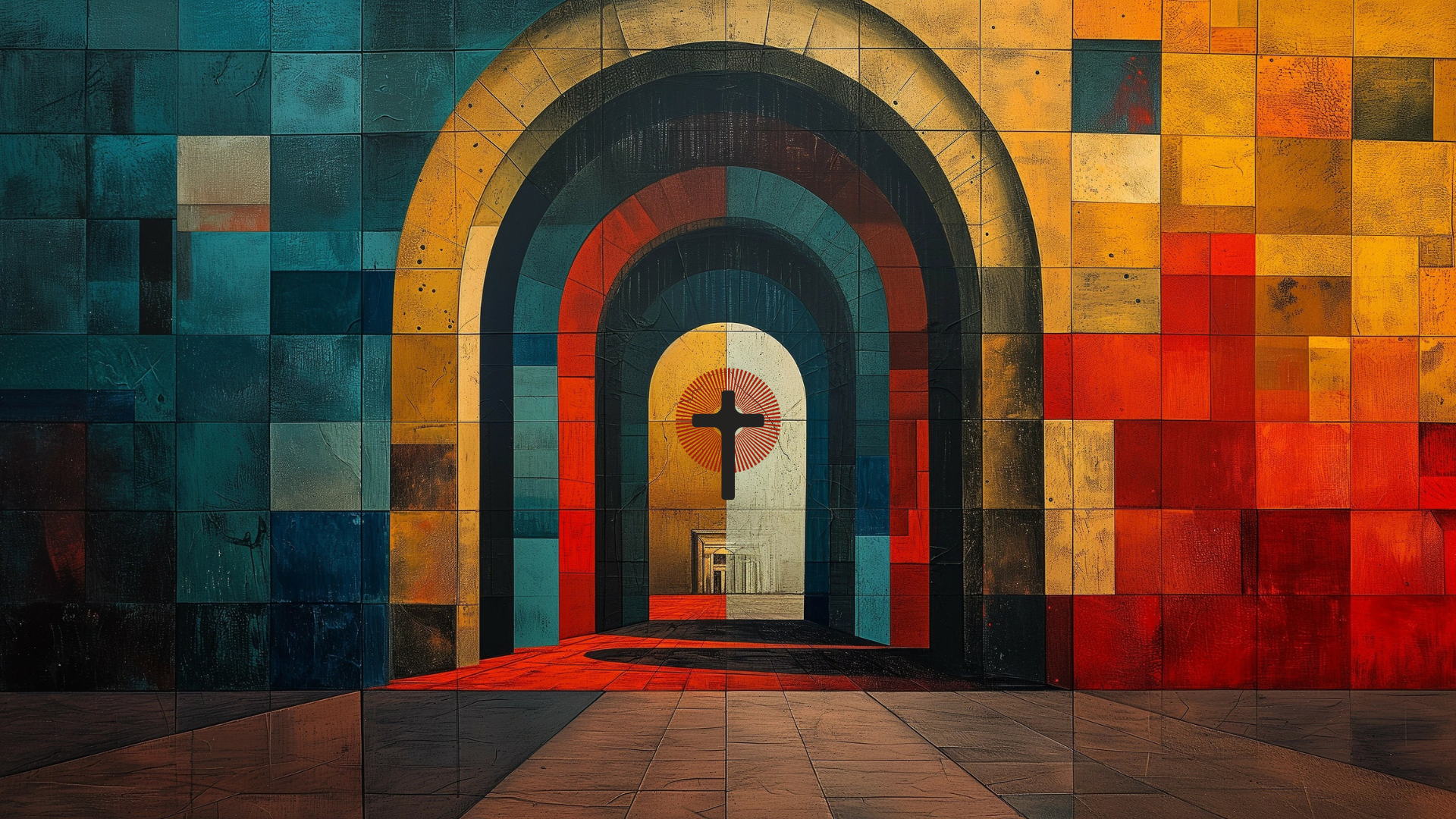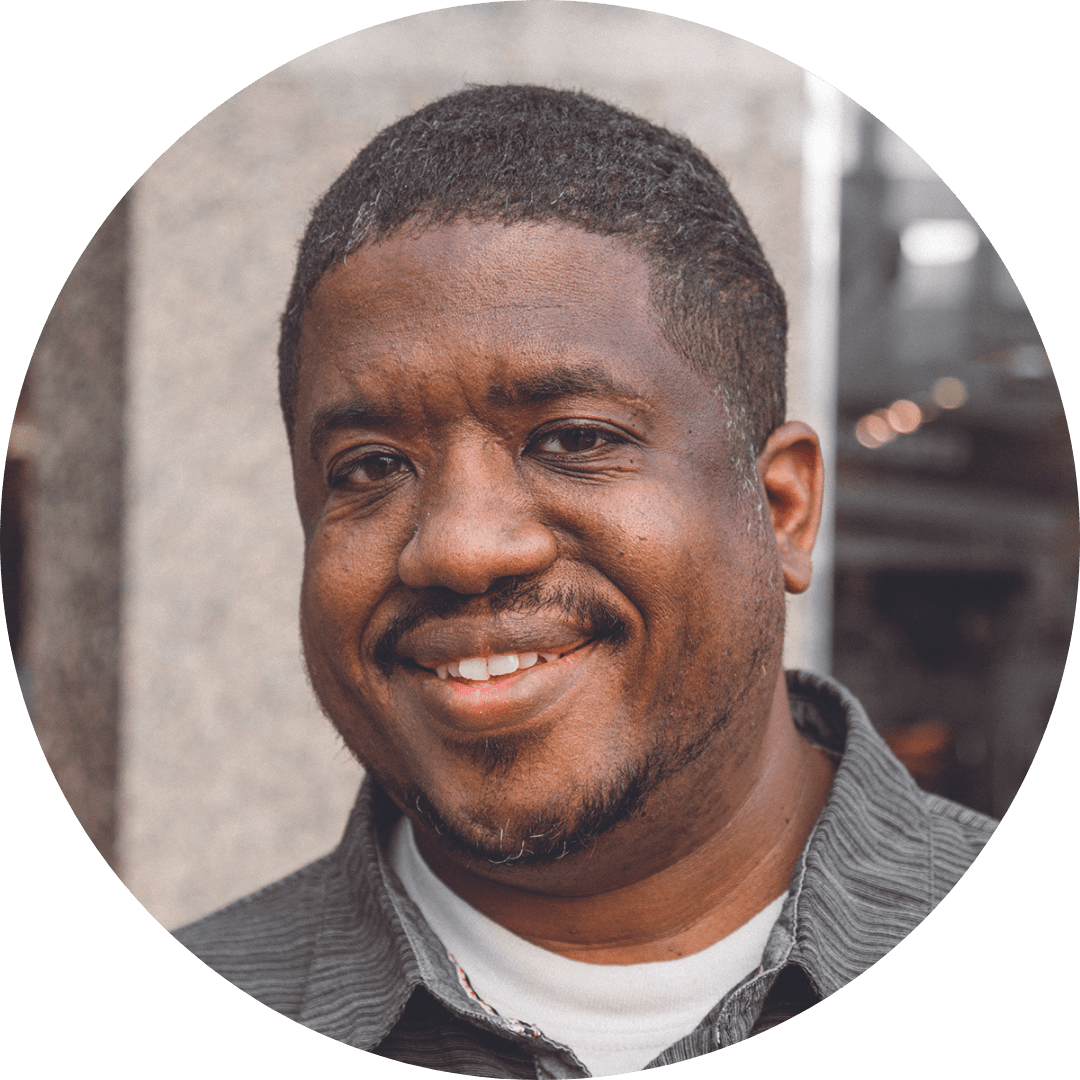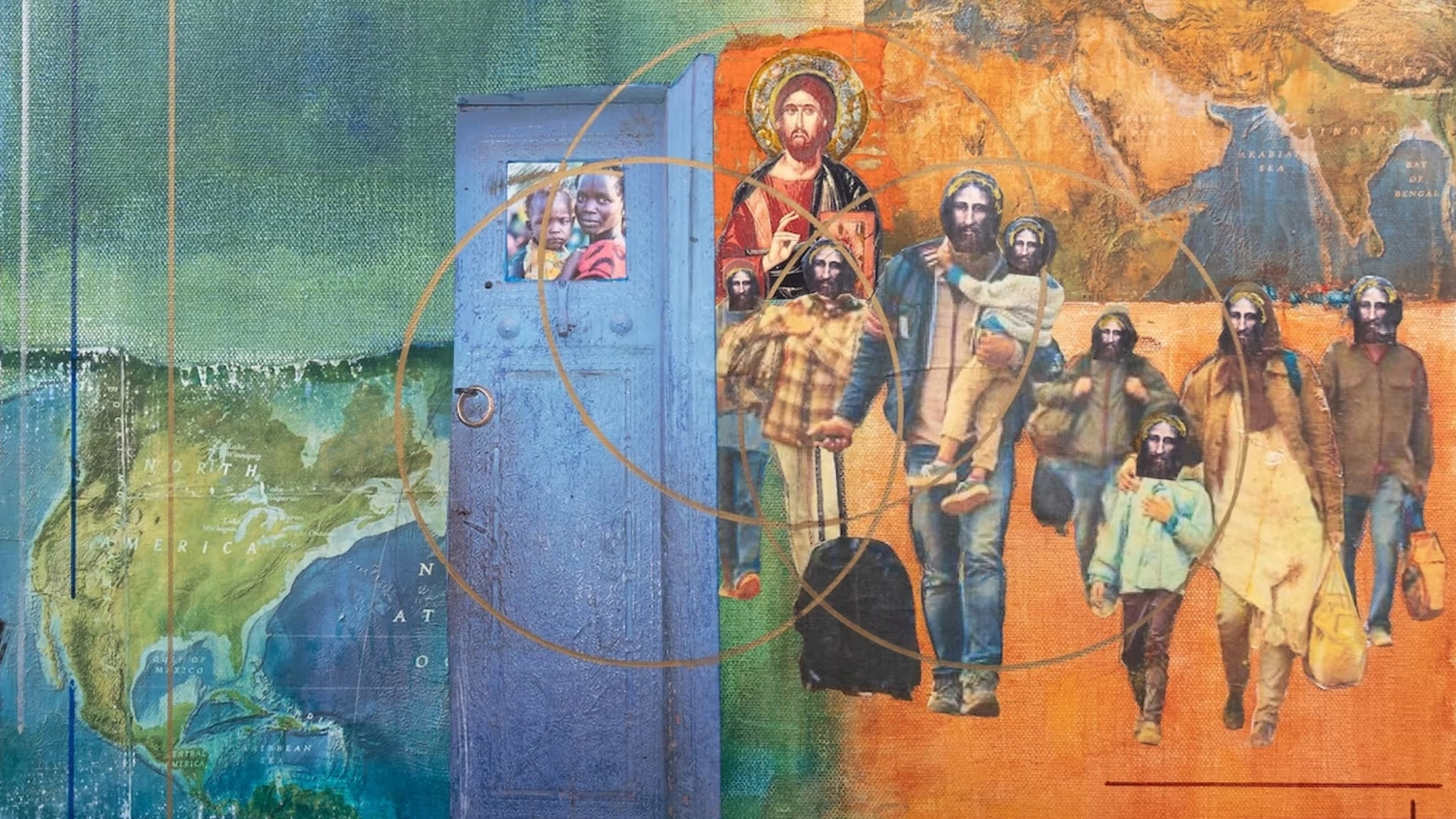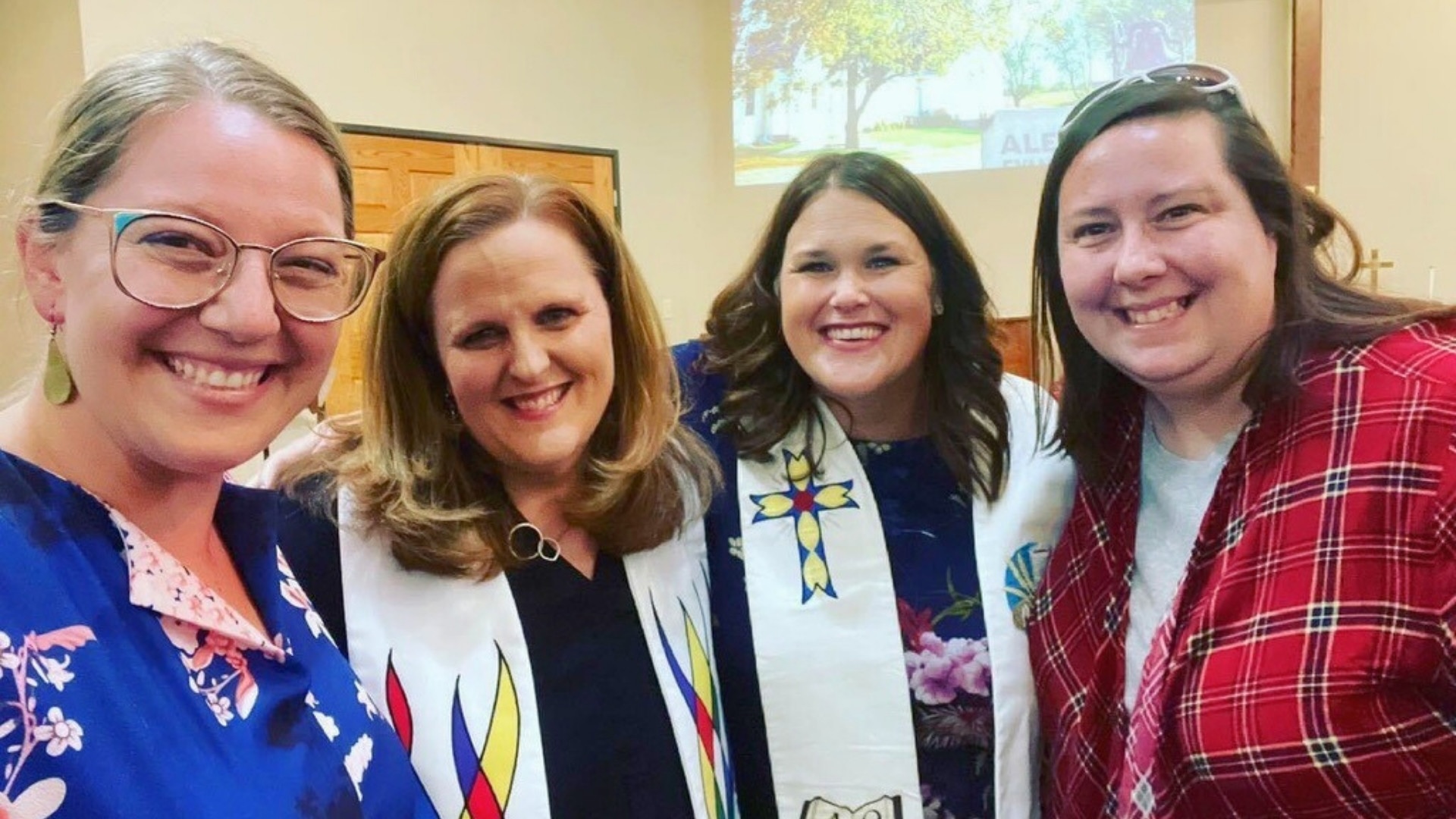The term “deconstruction” has been popping up among communities of faith who are grappling with the complexities of our current world. Broadly defined, it describes a process of someone re-examining, revising, or rejecting beliefs, practices, or values previously held as sacred. On the surface, deconstruction can sound like a scary concept to many in the church because it appears to result in people leaving the faith, and by extension, the church. But I had a virtual sit-down with Alli Corriveau, next gen pastor at Newton (Massachusetts) Covenant Church; Stephen Sharkey, lead pastor of Granite City Church in Quincy, Massachusetts; and Ruby Varghese, transitional associate pastor of youth and families at Newport Covenant Church in Bellevue, Washington to discuss the value of deconstruction as a catalyst for introspection, reformation, and a deeper engagement in Christian discipleship. This interview has been edited for length and clarity.
JELANI: Although most of my professional church experience has been as a worship pastor, I worked as an associate and then co-pastor for four years. In those roles, I was keenly aware of how often people expect their pastors to have answers, no matter how huge and existential or small and specific the question. It might just be, “Where does this ladder go?” and I’m like, “I don’t know—ask the custodian!” Frankly, I’d be suspicious of any pastor who can’t admit they don’t know something.
I believe in the idea of holding something with an open hand. I don’t think that’s being wishy-washy—it’s more like saying, “I believe my position is solid, but I’m staying open so if the Lord leads me into another direction or I experience something that contradicts those assumptions, I can admit I might have been wrong.” Deconstruction is partly examining our assumptions around what we think we “should” know and when we should know it.
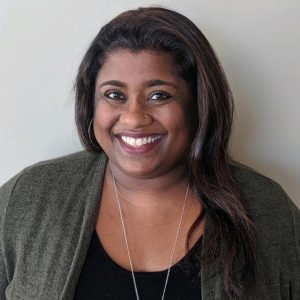
RUBY: It’s a gift to go through a process of exploring our questions and fears as a way of building a foundation. When I think I know something without a doubt, that’s when I can get into trouble.
What I love about this posture of wondering and asking, “Is what I’ve always believed accurate?” is that it invites me to go with people. In your example of the ladder, we could respond, “I don’t know where the ladder goes, but I’ll go with you and we’ll figure it out together.” When I bring other people into the conversation, it widens and expands my understanding through angles I wouldn’t see otherwise.
STEPHEN: Anne Lamott says the opposite of faith isn’t doubt, it’s certainty. Sometimes our churches don’t do a good job of allowing people to doubt. We have to be able to embrace mystery. We haven’t done a good job of making space for that when people start asking, “Oh no, what do I do with this thing that I’m not so sure about?” and it all falls apart.
ALLI: The Book of Hebrews talks about faith and hope and how there are certain things that we cannot see. When I bring a new adult into the youth ministry, I usually tell them, “Your primary qualifiers are your walk with Jesus, your authenticity, and being comfortable saying, ‘I don’t know.’” That’s the privilege of youth ministry, not just for volunteers but for the whole body of Christ—getting to walk alongside each other and assuring each other of our belonging to God and the unchanging nature of God’s love, even as everything around us is changing.
Most of my own experience of deconstruction has been around understanding Scripture. As I was growing up, we had a whole range of topics that weren’t discussed. A Scripture text would be thrown out as if to say, “Now that’s settled. We don’t have to talk about it anymore.” To ask questions felt like a slippery slope, like people would say, “If you question this, what else are you questioning? You don’t place a high value on the Word of God.”
I went to Gordon College and found a space where we could ask questions. Sometimes we would start exploring. We didn’t come up with a new black-and-white answer but just had an awe for the Word of God. That’s where I learned to appreciate a posture of learning and openhandedness. I needed someone to sit with me and say, “You’re not throwing the whole baby out with the bath water just by asking this question.”
STEPHEN: Jelani, in your track “Deconstruction Junction,” I appreciate that you named the fact that this place of questioning is where we’ll be for a moment and then we’re going to step into something new. I appreciate your refrain, “You can’t stay here,” and that you phrase it as an imperative. We need to hear that. So many of us want to stay in a place of angst and contrarianism, but you can’t be there forever. If we need to deconstruct things that are broken in this world, we also need to reconstruct.
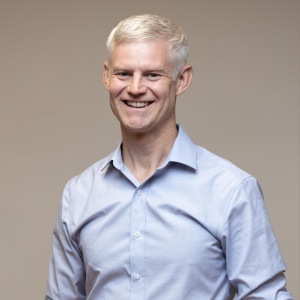
I also appreciated your line saying that Jesus was deconstructing his rabbinical tradition. We see that in the Sermon on the Mount, where he says, “You’ve heard it said…but I say to you…” Jesus is doing this beautiful deconstruction. Some of what he’s giving them is new, and some is very old.
JELANI: That’s a great point. Some of my favorite spaces are older and have a whiff of history or tradition about them. Deconstruction shouldn’t really be done by yourself. It’s often a process that comes about as a result of disillusionment, trauma, or frustration. In that place, we may want to protect ourselves from more hurt, so we close ourselves off from people. But there should be no shame in seeking information from people who know more, who have studied the Bible, who have been in ministry longer than we have, or who have just lived more life than we have.
Alli, you and Ruby have more direct experience with youth ministry. How do you see this dynamic show up in the lives of young people?
ALLI: When I hear “deconstruction,” I think of the developmental phase of “differentiation.” As adolescents move into adulthood, they go through this normal process of differentiation, which is figuring out who they are in relationship to others. So they hold up what they’ve received as information or identifiers for examination and ask, “Does it fit?” Some things they’ll set aside, and some they’ll hold onto. Sometimes we think deconstruction must equal destruction, but it doesn’t have to.
A faith that doesn’t meet the challenges of life just seems irrelevant. It’s this painful sense that when challenges come, God is distant or uncaring. It’s a sense of not belonging or when the words and actions of the people of God don’t match your expectations.
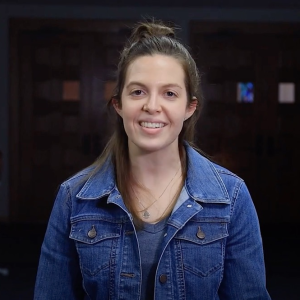
Ruby, you might have different thoughts, but I tend to notice it more with millennials and those who are slightly older who grew up in the institution of the church and are coming up against new life experiences. Now they’re asking hard questions. Gen Z tends to be characterized as an open-minded generation. They’re still going through a developmental process where their thinking tends to be a little more black-and-white, but they are growing up with a greater willingness to ask questions earlier. They have different perceptions of authority. Just because someone in authority said it, doesn’t mean they’re guaranteed to accept it as truth. I love that part of working with this generation. My role is to help the body of Christ be a place where we ask questions and doubts do not disqualify you from the faith. We are a space where we regularly ask, “What are you wondering about? There’s space for that here.”
RUBY: The word “wonder” has been very big in our youth ministry world. We’re creating spaces where we don’t put forth our own assumptions. Rather, we create space for questions and wondering and discovering who God is. Kids are looking for a real and authentic faith. The students I work with are tired of the jargon in the church.
We need to work at building bridges among generations because typically youth groups can be that safe space, but when they enter into the larger church, they run up against roadblocks and don’t feel safe to ask those questions.
STEPHEN: My church is largely millennials, along with several Gen Xers, and in my experience, people may be looking for truth in a deep existential sense but they actually need to be taught to seek out what is true. In the deconstruction conversation, I don’t know that we’re in a completely unique space in history.
I’d encourage anybody to read, AJ Swoboda’s book After Doubt. He says we’re no longer a culture of honor where we look to the past, to our parents and our grandparents, and ask, “What do you say? What do you think? Where’s your wisdom?” Instead, we’ve become a culture of achievement. So we say to people, “What have you done for me? What have you accomplished? What makes what you have to say valuable?” That’s not necessarily a good thing. We may need to learn what it means to honor what’s gone before us as a part of the deconstruction process.
JELANI: The process of deconstruction is certainly not a new idea, but the term itself was new to me, which I first encountered primarily through social media.
I’ve been going through my own process of not only rediscovering what I believe is true about Jesus but also asking, “What are the qualities I look for in someone deemed to be trustworthy? Who are the people who can give me good insight about God or the Bible?” That concept has gotten more complicated, because not only do we not all share the same language, but we’re not on the same platforms either, so we’re missing out on some conversations, cross-generational exchanges that aren’t happening.
STEPHEN: I laughed out loud at your lyric in “Deconstruction Junction,” “We fix it when it’s broke, and do it to be faithful even when they call it woke.” And you had that little sigh in there. What were you thinking when you wrote that?
JELANI: I was really frustrated! I was frustrated at the way the word “woke” has been used as a pejorative to shut down discussions. My point was that we’re not doing this to be trendy or to jump on the latest bandwagon.
Some public figures are going through the same process. A great example is Lecrae, who is known for his faith in Christ. He made a song called “Deconstruction,” which has been a huge part of his journey. As a Gen Xer, I can appreciate the balance of both wanting to question institutions and also the benefits and feeling of safety you get from institutions.
I grew up as the youngest of four siblings, and my dad was the eldest of eight. I had a huge extended family, and we traveled a lot and did music together. There were times as a kid when I was going somewhere for the first time, and I had all these questions. But my parents and older siblings would respond, “Just get in the car, eat the food, sit there, and listen.” So I had to just figure things out as I went.
Over time, I realized that when I’m with my family, I’m with a group of people who care about me and they’ve been here before, they’ve vetted these people, so I’ll probably be safe. I carried that sense with me into church life, where I thought, “If somebody is up front speaking, they probably know what they’re talking about. If this artist is known to be a Christian, their music will probably be good for me.” There’s a sense of safety to that feeling.
Then I got to the point where I realized, “Oh wait, our people missed some things. They weren’t paying as close attention as I thought.” There’s a sense of loss there. I wrote this song to say it’s okay if you don’t know how you feel about certain things. You’re not a bad person or a bad Christian if you think, “That’s controversial, and I’m not sure about it so I’m not gonna deal with it. I’m just gonna go to youth group and worship Jesus and enjoy my life.” None of those things are bad. But it’s part of our maturation process as believers to look around, examine what we’re seeing in our communities, and say, “What about that?” To listen to the people in our circles of influence, and ask ourselves, “What about them?”
STEPHEN: It’s interesting that the word “woke” is wrapped up in all of this, because the biggest deconstruction I’ve had to go through is around race and around my whiteness. That’s why I appreciate your song so much—“You can’t stay here.” Many in my generation are saying, “All of a sudden, I have to confront my whiteness. I have to confront what that means, the brokenness of the system I’m in—and it’s way more broken than I was led to believe.”
That waking up happened for me when I was at North Park University on a Sankofa journey. They’re creating space for deconstruction in our denomination, and that changed my life. I would love to see that continue, but for us to also find a way to move beyond that deconstruction junction and ask, “Okay, what do I do with this now?”
We’re on this call with two women who serve in ministry. People often come up to me and say, “It’s so great that your church has a woman pastor.” And I always ask, “Why do you think that’s good?” The answers are often something like, “We’re in a progressive world, and we should see progress because that’s how there’s going to be justice.”
But that’s actually not why we embrace women in ministry in the Covenant. We do it because when we look in Scripture, it seems pretty clear that this is something we should embrace. The same thing goes for the brokenness of racism. We’re not just chasing after the good feelings that come from seeking justice. We embrace it because it’s who Jesus is. And we had to go through a whole deconstruction process of realizing that the Jesus I was given was not actually the Jesus we read in Scripture.
RUBY: The biggest piece for me growing up was women in ministry. I come from a pretty conservative background. In my Indian community, I grew up in an orthodox tradition that didn’t view women as leaders or as having any authority in the church. As a teenager, I started wondering, What about all those women in Scripture? What about the ways God used them? What does submission really look like? I had to find safe spaces to talk with people.
I kept feeling God’s nagging tug on my life to be a pastor. But I kept thinking, I can’t. I looked at my pastor as the ultimate authority, instead of asking, what does God say about me? Who has God created me to be? What are these gifts and how can I use them for God’s glory?
That’s been one of the most beautiful journeys for me. And as we create spaces in the church to ask questions, we wonder and say, “I don’t have all the answers.” I think that’s a really beautiful space.


